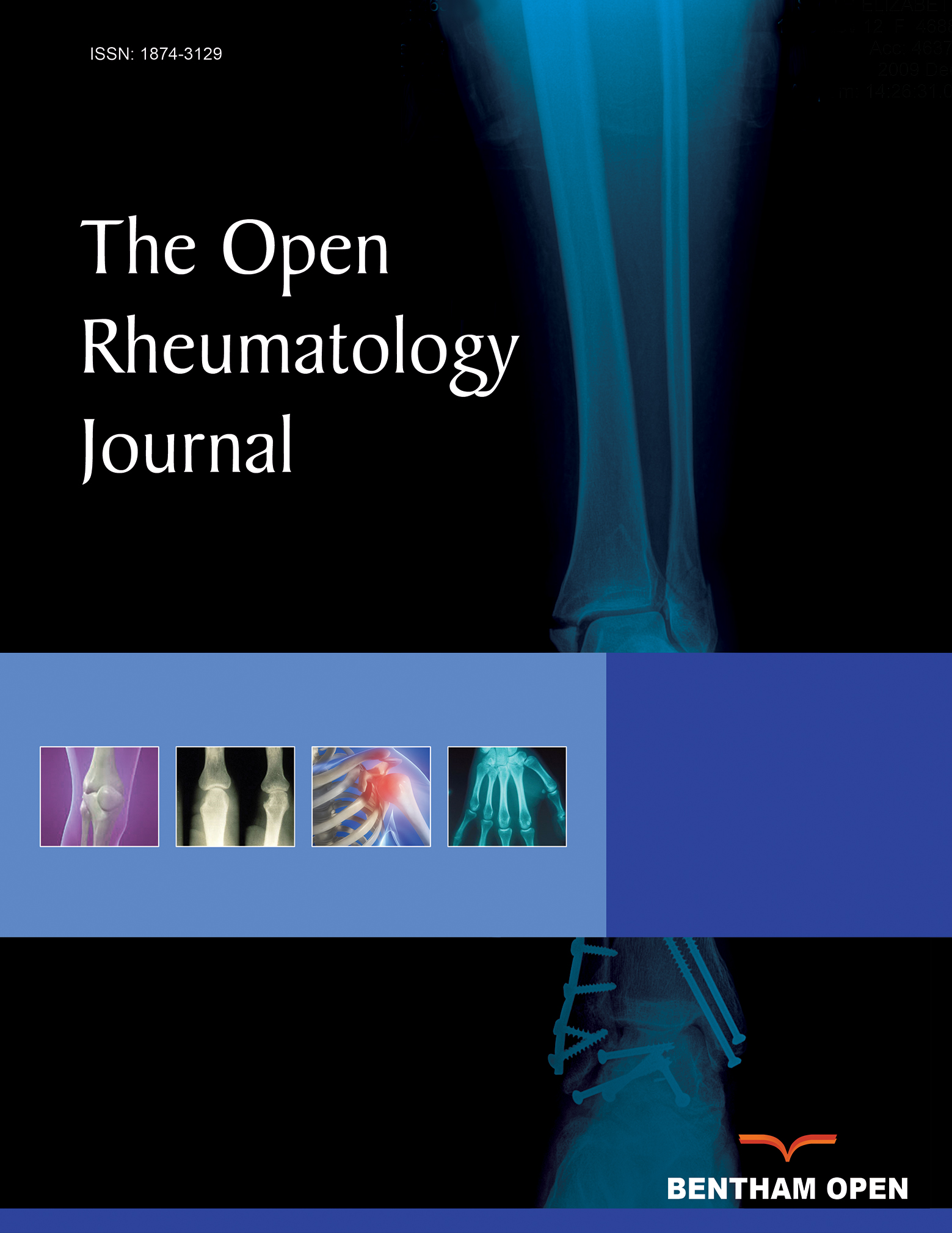All published articles of this journal are available on ScienceDirect.
MEFV Variants in Patients with PFAPA Syndrome in Japan
Abstract
Background:
The pathogenesis of PFAPA (periodic fever, aphthous stomatitis, pharyngitis, adenitis) syndrome is unknown as yet. In order to understand whether genes implicated in other auto-inflammatory diseases might be involved in the pathogenesis of PFAPA, all variants in the genes causing familial Mediterranean fever (FMF), tumor necrosis factor (TNF) receptor-associated periodic syndrome (TRAPS), and Hyper IgD syndrome were analyzed in children with PFAPA.
Patients and Methods:
All variants in MEFV, TNFRSF1A, and MVK were analyzed in 20 patients with PFAPA. PFAPA were diagnosed by previous published criteria. The findings of all analyses in PFAPA patients were compared with those of unaffected normal subjects (n=62).
Results:
In the 13 children of 20 with PFAPA, the heterozygous variants of MEFV (5 patients: E148Q-L110P, 2 patients: E148Q, 1 patient: E148Q-L110P/E148Q, 1 patient: E148Q-P369S-R408Q-E84K, 1 patient: E148Q-L110P-P369S-A408G, 1 patient: R202Q, 1 patient: P115R) were found. No variants belonging to TNFRSF1A or MVK were detected in children with PFAPA. The frequency of the E148Q-L110P variants in children with PFAPA was significantly higher than that observed in unaffected normal subjects (7/20 versus 8/62). The duration of the episodes of illness in PFAPA children with MEFV variants was shorter than that of patients without variants.
Conclusion:
Genes involved in the development and progression of MEFV may affect the incidence and the phenotype of PFAPA in children.


